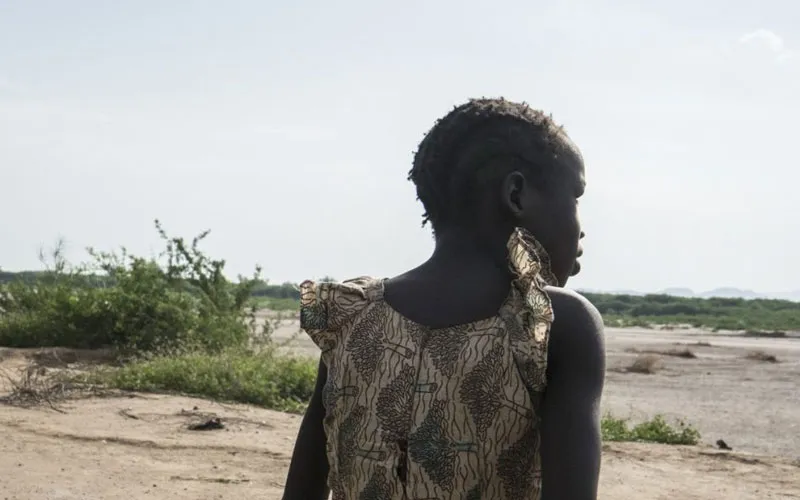Nairobi, 02 July, 2022 / 9:25 pm (ACI Africa).
An official of the Jesuits Refugee Service (JRS), an international refugee entity of the Society of Jesus (Jesuits), has underscored the need to "adapt sustainable development planning” in addressing the effects of climate change.
In a Tuesday, June 28 report, the JRS Advocacy Coordinator of Eastern Africa region lists deforestation, flooding, drought and soil erosion as some of the observable effects of climate change in Africa.
“As a response to the welfare of climate-forced displacement and societies, the whole of society must adapt sustainable development planning to focus on the most vulnerable people, to protect and restore vitality to degraded environments,” Dee Dungy is quoted as saying in the June 28 report.
Mr. Dungy explains, “Environmental protection, and consequently sustainable development, require that both women and men be actively involved, including through daily activities aimed at preserving natural resources and through participation in local and high-level environmental decision-making.”
The JRS official says that the challenge of "climate change is not gender neutral" and that both women and men need to be on forefront in the fight against the environmental challenge.








